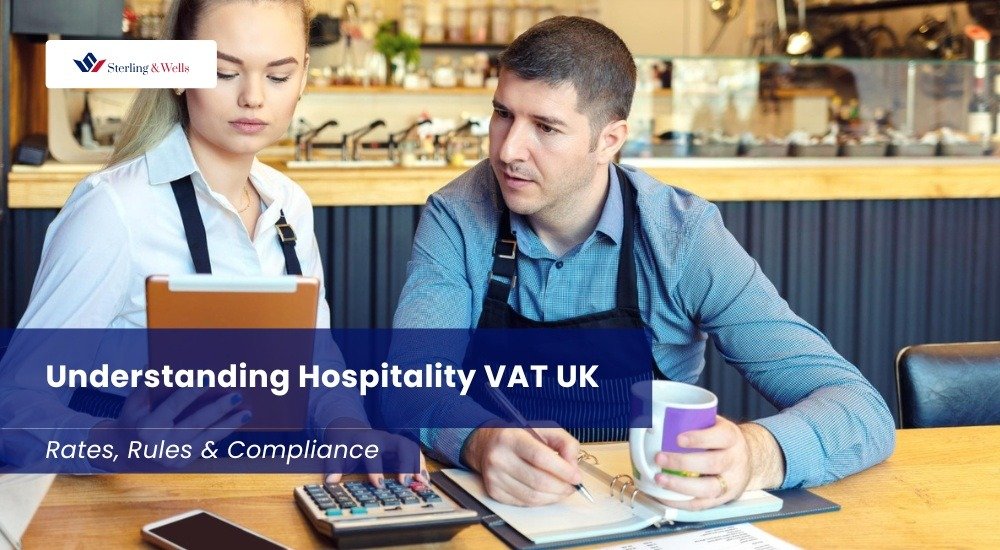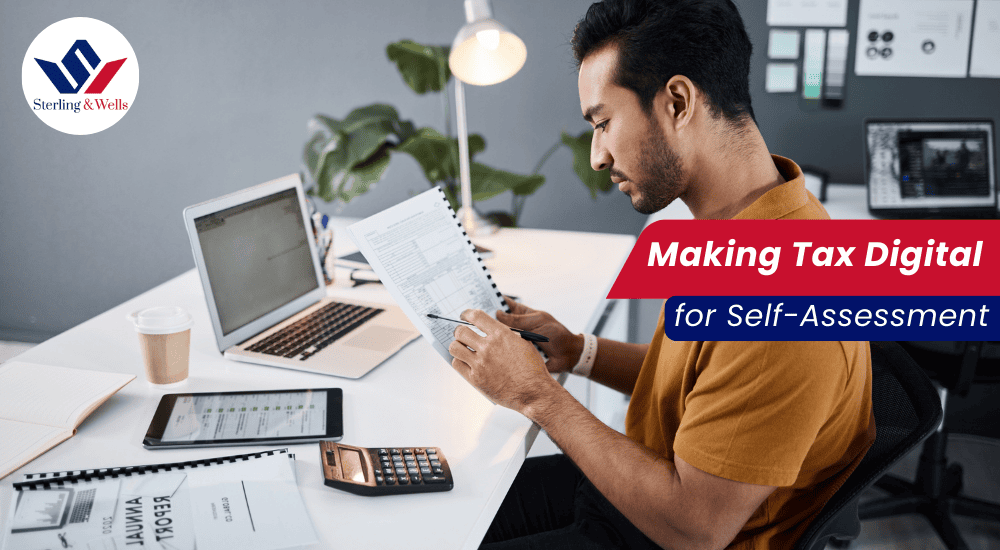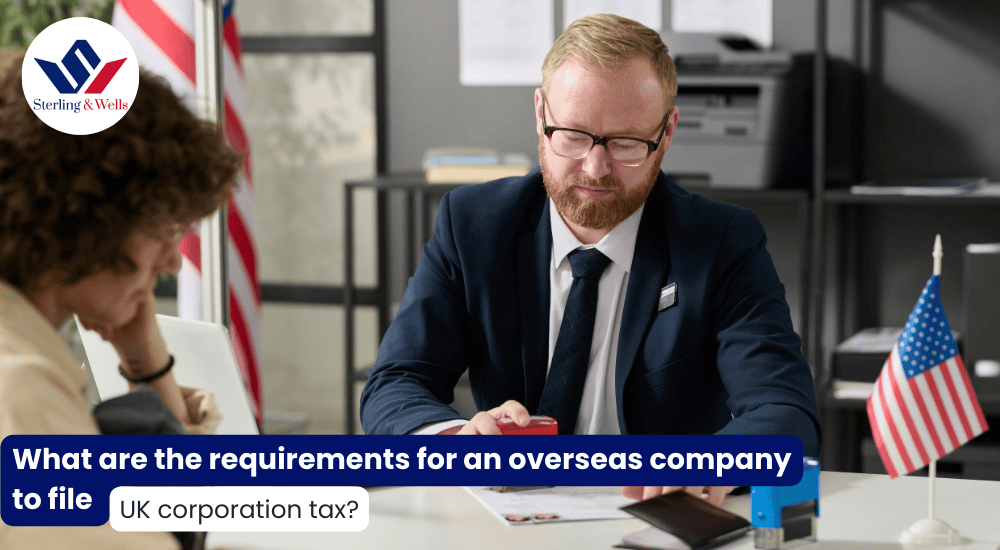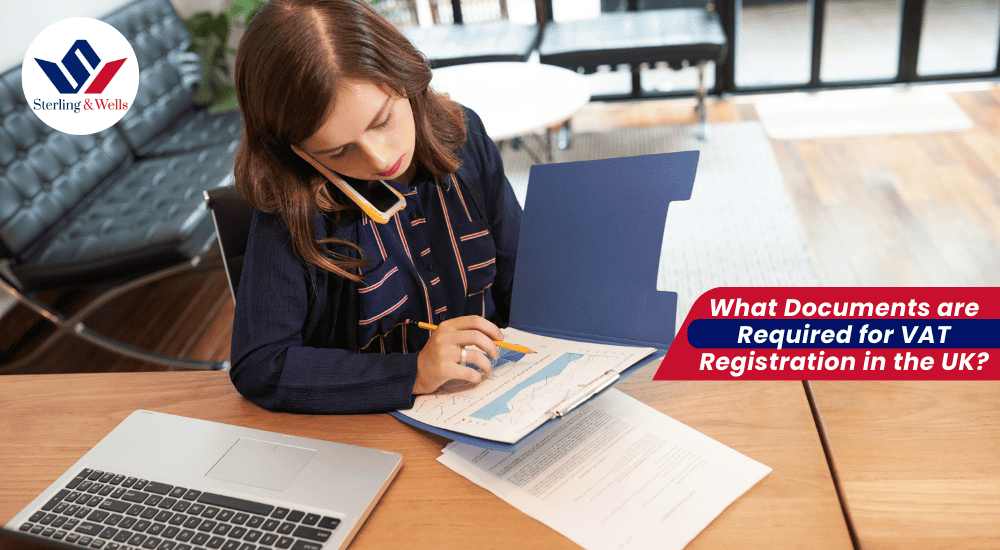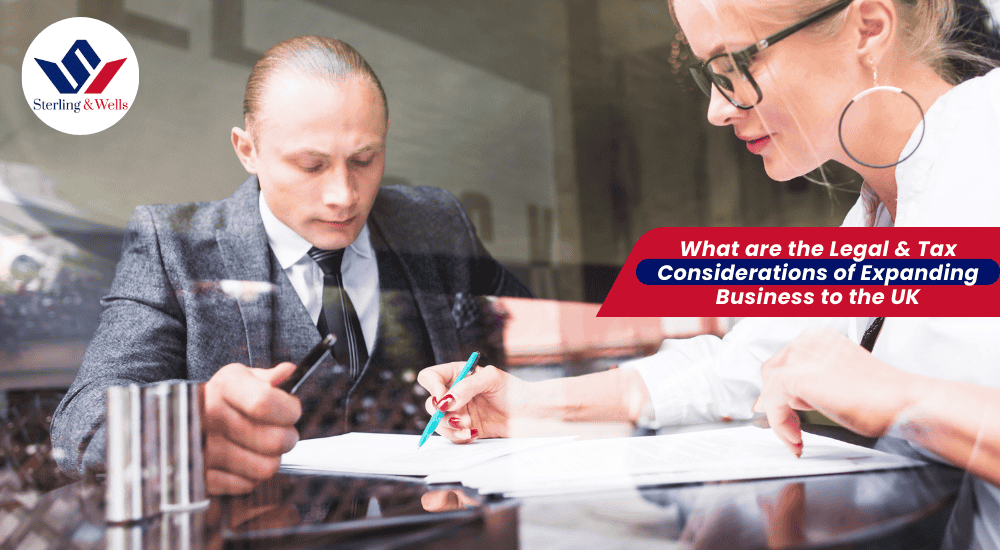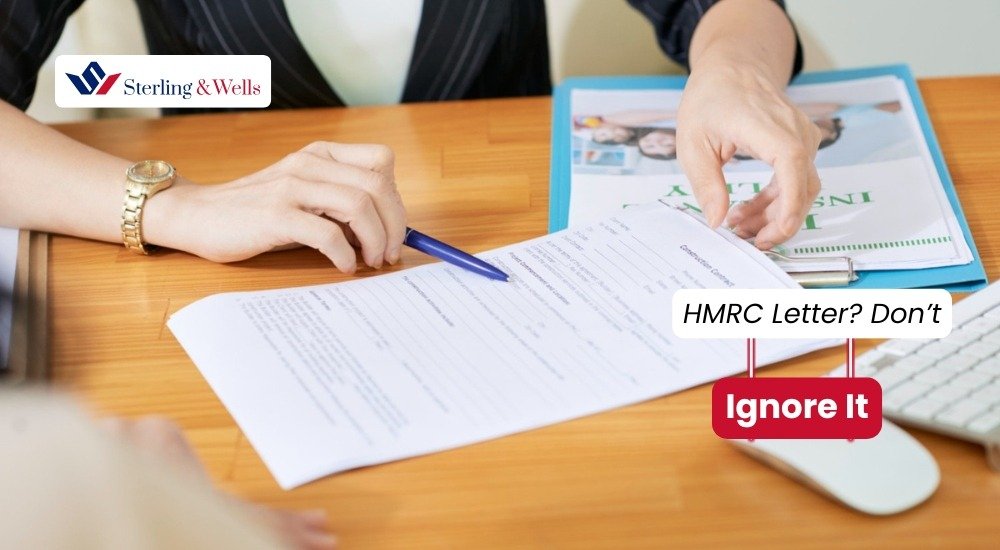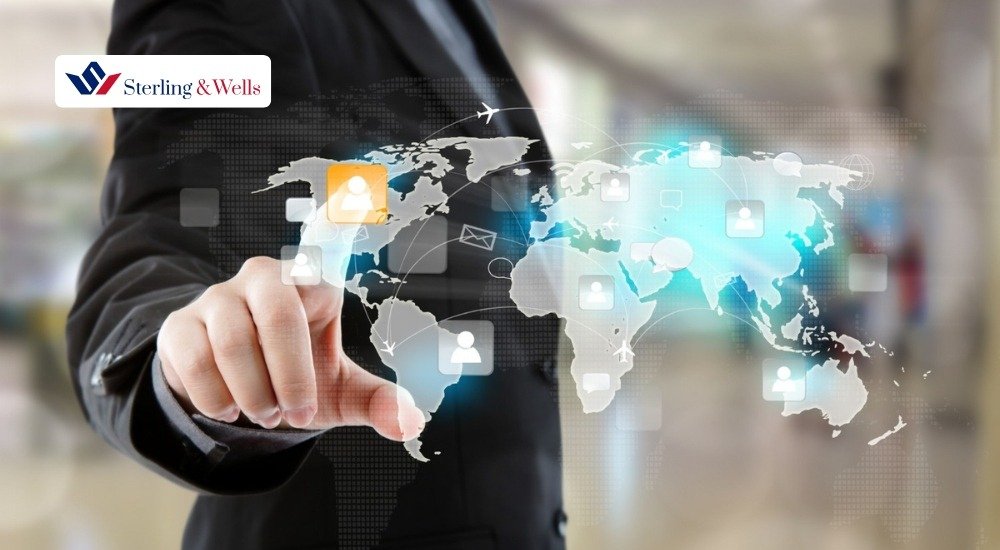If you’re involved in the UK hospitality sector, you’ve probably noticed VAT (Value Added Tax) cropping up everywhere. It may feel like just another financial headache in an already complex business. But the truth is, getting to grips with hospitality VAT can actually be a game-changer. It can help you price yourself correctly, steer clear of costly mistakes and keep your business in top shape without having to worry about unexpected tax bills. So, what does VAT have to do with the hospitality industry, and how can you stay compliant? Let’s take a look at it in simple terms.
Understand VAT’s place in all this is particularly important because the hospitality sector is not a one-size-fits-all kind of sector. Hospitality is not retail or manufacturing; it involves a variety of goods and services, like food and drinks, accommodation, leisure activities, event catering, all with their own VAT treatment. That means that understanding the differences will help protect your margins and keep you on the right side of the complicated rules. And with recent economic changes and digital tax proposals, knowing the differences has become more important than ever.
Why VAT in Hospitality Sector Matters in UK?
You might be wondering why VAT is such a frequent topic of conversation among hospitality experts. I mean, you’re usually more worried about delivering top-notch experiences, tasty food, or comfortable overnight stays, and not taxes. Despite this, VAT is one of those unseen essentials that touches every single transaction your business makes. Whether a small café, large hotel, or crazy event catering business, you will be touched by VAT.
Getting VAT right is just a matter of charging your customers the right amount and reclaiming VAT on your business expenses. Getting it wrong can have financial consequences or cost you money. For example, situations where you undercharge VAT by mistake could have HMRC pursue you for the difference plus interest. Or if you are unaware of what purchases qualify for VAT recovery, you risk losing money. In short, VAT expertise keeps your business healthy and in the clear with UK tax law.
The Essentials: What Is the Standard VAT Rate?
In the UK, the standard VAT rate is typically 20%. It is applied to most goods and services, including most hospitality supply chains. It is the default rate, so to speak. When you see “VAT” on a bill at a restaurant or on an invoice at a hotel, 20% is likely what’s being added unless exceptions are being made.
But hospitality is not always standard rates. Different products and services can attract reduced or even zero VAT rates depending on their nature and how they’re supplied. This flexibility complicates matters but also offers opportunities. Knowing whether you’re dealing with a standard 20% charge or a different VAT rate might influence your pricing, invoicing, and record-keeping processes. The key is to understand which rate fits each part of your business and the legal rationale behind it.
Hospitality VAT Rates in UK
You might have heard that catchphrase “hospitality VAT is complicated”, and it is. Hospitality is an industry based on a combination of goods and services, each of which might be treated differently for VAT purposes.
Take food, for example: hot restaurant meals are treated to the standard 20% VAT, but cold sandwiches grabbed as takeaway might be zero-rated. Alcoholic drinks almost always pay the normal rate, though skilfully combined packages with food or accommodation can trigger exceptions. Trying to get through this on a trial-and-error basis would be difficult, so here is a helpful table highlighting the main VAT rates for hospitality:
| Service/Product | Typical VAT Rate | Notes |
|---|---|---|
| Hot food and drinks served for consumption on premises | 20% (Standard rate) | Includes meals eaten in restaurants, cafes, pubs |
| Cold takeaway food | 0% (Zero-rated) | Often applies to cold food sold to take away |
| Alcoholic beverages | 20% (Standard rate) | Almost always standard rated unless part of mixed supplies |
| Accommodation (domestic) | 20% (Standard rate) | Hotels, guesthouses, B&Bs usually charge standard rate |
| Some event catering services | 20% (Standard rate) | Catering at events typically standard rated unless exemptions apply |
| Some spa and leisure services | May vary | Depends on the specific treatment or service |
Why does this matter? Well, your VAT rates have a direct impact on your pricing strategy, if it’s too high, you’ll lose customers; too low, and you’ll lose out or face non-compliance. Furthermore, each VAT rate has different rules relating to reclaiming tax on associated business expenditure. Being accurate in this allows you to price with confidence and recover VAT properly.
Special Rules for Accommodation & Facilities
If your business provides accommodation, like a hotel, guesthouse, or bed and breakfast, you’ll find that VAT has its own special rules in this area. Domestic accommodation services, where guests stay overnight, generally attract the standard 20% VAT rate. But keep an eye out for temporary changes or reliefs during economic downturns, as governments sometimes introduce reduced rates to support hospitality businesses.
On top of just the room charges, think about the additional services that your accommodation might offer. Spa treatments, parking, conference facilities, or even catering supplied to guests all have their own VAT treatments. There will be some that are exempted or zero-rated, and some are standard rated. Understanding these nuances means accurately charging VAT where it is due without pricing your clients out or leaving money behind.
Compliance with VAT Hospitality: Staying in HMRC’s Good Books
Knowing which VAT rates to apply is one thing, but staying in HMRC’s good books with your compliance is another matter altogether. If your taxable turnover is over the prescribed limit, currently at £85,000, you are required to register for VAT. Once registered, you must correctly charge VAT on sales, maintain accurate records, and complete VAT returns on the due date.
The double-sided nature of the hospitality industry generally causes confusion about which sales to include or how to include VAT in discounts. In addition to this, government tax policies and taxation regulations vary, especially with the ongoing digital tax reform initiatives from HMRC, so that businesses that do not keep pace face penalty or errors. Passing through accountants or tax specialists who specialise in hospitality VAT can be the key to being compliant while maximising your financial standing.
Discounts, Vouchers & VAT in Hospitality
Promotions or vouchers have long been offered in hospitality, but did you know they can impact VAT charges? If you offer discounts, for example, VAT needs to be charged at the discounted rate, rather than the original. It’s perhaps obvious, but companies have been guilty of losing out on charging VAT appropriately in this instance, leading to under or overpayment.
Gift vouchers are yet another interesting part of VAT. Depending on whether they are single-use (can only be redeemed against one product) or multi-use vouchers, the timing of when VAT is accounted for gets affected. For hospitality businesses that use vouchers or loyalty schemes, having complex procedures in place helps ensures VAT is accurately calculated and documented, to save headaches during HMRC audits or inquiry.
How Does Brexit Affect Hospitality VAT?
With all the changes that Brexit brought to trade and commerce, you are probably wondering if hospitality VAT rules have altered. The reassuring news is that VAT remains a UK domestic tax, and therefore the underlying UK VAT regimes for hospitality do not change. Your business with suppliers or customers in the EU, though, might be a bit different now.
Cross-border rules for goods and services, import duty, and customs clearing can affect your costs and VAT recovery. Ahn example of this would be importing food appliances or ingredients from the EU that could carry additional declaration or charges. Keeping up with the shifting post-Brexit rules of trade helps avoid unwarranted surprises and leads to hassle-free operations.
Digital VAT & the Future
HMRC’s Making Tax Digital (MTD) programme is revolutionising VAT reporting. As a hospitality business registered for VAT, you must now keep digital records and file VAT returns using HMRC-approved software. It feels like a step back from paper files and manual spreadsheets, but it is designed to make VAT compliance easier and free from errors.
Aside from compliance, digital accounting software can give you a clearer vision of your business finances in real-time. For multi-channel hospitality businesses, transparency is invaluable. Early adoption of digital systems makes VAT easier to manage and positions your business well for the tax evolution ahead.
Conclusion: What Hospitality Businesses Should Do Now
Handling VAT in hospitality may seem daunting but breaking it down into manageable pieces is all that separates you from success. Start off knowing which rates of VAT applies to your product, whether food and drink, accommodation, and extras. Register on time if you cross the turnover limit and keep proper records.
Make use of online tools to simplify bookkeeping and meet HMRC’s Making Tax Digital. Don’t hesitate to consult with experts who are knowledgeable in hospitality taxation. Their advice will help you save time, money, and stress.
Understanding VAT gives you more than just compliance; it gives you the confidence to price correctly, protect profits, and grow your hospitality business on a sustainable basis. With a bit of attention, you are able to turn VAT from a hindrance into a strategic advantage.
Don’t forget, VAT is the journey of your business; learn it, work with it, and watch your hospitality business thrive.
